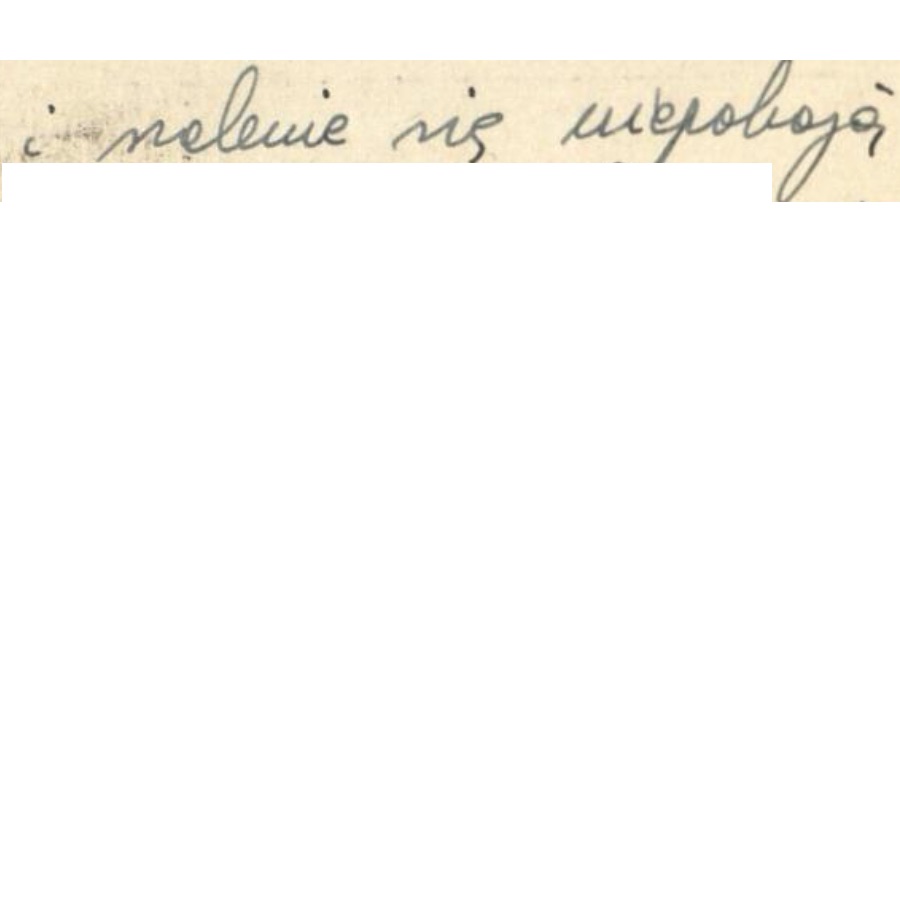Language /
Meaning of "B.P." and "b." in a Polish death notice [5]
Two questions about the death notice linked at the end of this post:
1) Above the name "MAKS HURWICZ" it says "B.P." What does that mean?
2) Below the name, it says "b. długoletni prokurent b. firmy ENDELMAN I PAPIERNY"
Which means he was a longtime commercial representative (proxy) for the Endelman and Papierny company. But what is the "b." at the beginning and the one in the middle?
Thanks!
For those interested, the rest of the notice as I (attempt to) interpret it with the help of Google Translate:
przeżywszy lat 63
lived 63 years
po długich i cieżik cierpeniach zmarł i został pochowany w Moskwie
after long and severe suffering, he died and was buried in Moscow
O czem zawiadamiają
What they are reporting
pozostali w Moskwie
they stayed in Moscow (survivors in Moscow)
żona, córki i zieć
wife, daughters and son-in-law
oraz w warszawie
and in warsaw
synowie, synowe, wnuczka, wnuki i rodzina
sons, daughters-in-law, granddaughter, grandchildren and family
leonidhurwicz.org/max-hurwicz-death-notice/ - Max Hurwicz death notice
Also, I must be doing something wrong when I try to insert the image?




